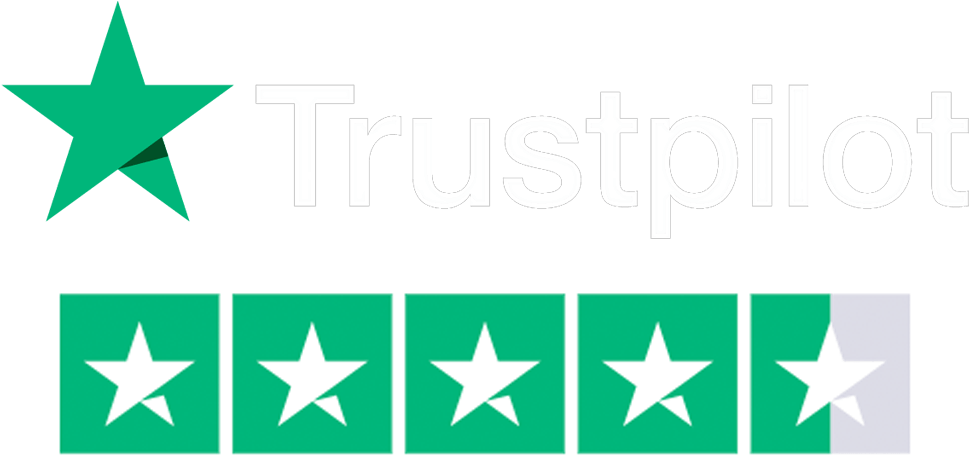Book your complimentary consultation with our insurance claim professionals.
Our insurance claim professionals will explain the claim process to ensure you understand your options.
Loss Assessor Rhondda Cynon Taf Guide
Navigating an insurance claim can often feel like steering a ship through stormy seas. Whether you’re dealing with property damage from flooding or fire, a burglary, or other unexpected disasters, understanding the complexities of insurance claims is critical.
For residents of Rhondda Cynon Taf (RCT), where unique challenges like older properties, local flood risks, and even insurer communication hurdles arise, the process can become even more complicated.
This detailed guide will help you make sense of how to approach insurance claims in RCT and highlights how a loss assessor can support you in securing the settlement you deserve.
Why Insurance Claims Often Go Wrong in Rhondda Cynon Taf
Filing an insurance claim should be straightforward, but for many homeowners and businesses in Rhondda Cynon Taf, the reality is more complex. Here’s why claims frequently go awry:
- Older Properties: Many homes in RCT have unique layouts and older structures that insurers often misunderstand when assessing damage.
- Flood Zones: The region has a history of flooding, but some flood risk zones are still poorly mapped, causing insurers to miscalculate or deny claims.
- Communication Issues: Insurers are often slow to respond or do not fully consider all local factors, leaving claimants frustrated and undercompensated.
It’s little wonder that so many claims end in inadequate payouts, delays, or outright rejections. The frustration these situations cause can be crushing, particularly when you’re already dealing with the aftermath of a loss.
The Real Role of a Loss Assessor
Loss assessors are often misunderstood. They’re not miracle workers who magically speed up claims or guarantee payouts, but instead serve as your advocate during a challenging time. A loss assessor represents you, the policyholder, not the insurance company. Here’s what they actually do:
- Translate Insurance Policies: They help you understand the fine print in your policy to know what you’re entitled to.
- Negotiate for Fairness: Working with the insurer’s loss adjuster, assessors ensure your claim is handled fairly and that no details are overlooked.
- Structure Effective Claims: They present evidence, organise quotes, and document the extent of damage in a professional manner to maximise settlement outcomes.
Think of a loss assessor as a tactical negotiator and skilled translator who works solely in your interest.
How to Know If You’re Being Undersettled
It can be hard to spot when your insurance claim is falling short. Here are the signs you should watch for:
- Fast Settlement Offers: If your insurer rushes an offer without reviewing detailed damage reports, you could be at risk of undersettlement.
- Vague Reports: If the reasons behind coverage decisions seem unclear or overly complex, this may indicate gaps in what’s being accounted for.
- Missed Evidence: Were you given time to submit full proof of damage? If not, valid parts of your claim may not have been considered.
- Rushed Assessments: Was the insurer’s representative in and out without thoroughly reviewing your property? This often results in errors.
If these red flags sound familiar, it may be time to seek expert help to ensure you receive a fair payout.
What Oakleafe’s Loss Assessor Rhondda Cynon Taf Clients say:
What an Assessor Actually Does in Rhondda Homes
For local homeowners, especially those in terrace houses, ex-council housing, or mixed-use properties, a loss assessor provides tailored support. Here’s how they operate:
- Reveal Hidden Damage: Damp, subsidence, and other less-visible issues often go unnoticed by insurers but can still significantly impact settlement.
- Get Realistic Quotes: Assessors source accurate repair estimates from trusted third-party contractors to reflect genuine costs.
- Bridge Communication Gaps: They translate the specifics of local housing layouts into insurer-friendly language, ensuring nothing is overlooked.
Whether you’re addressing storm damage, flood loss, or a fire incident, an assessor can handle the complexities unique to RCT properties.
When You Probably Don’t Need a Loss Assessor
Not all situations warrant the expense of hiring a loss assessor. Here are instances where their services might not be necessary:
- Low-Value Claims: For claims under £3,000, it often doesn’t make financial sense to hire an assessor.
- Minor Damage: A straightforward case with minimal damage and no disputes may not require outside help.
- Full Insurer Support: If your insurer is already proactive and fair in handling your claim, you likely don’t need to seek external assistance.
Being honest about when their help isn’t required builds trust and ensures you’re only paying for services that provide genuine value.
Local Case Examples You Can Relate To
Here are some real-world examples of how loss assessors have helped in Rhondda Cynon Taf:
- Flooded Business in Tonypandy: A shop owner faced delays securing compensation after flooding. An assessor expedited the process and ensured hidden electrical damage was included.
These stories highlight the meaningful difference an expert advocate can make.
What It Costs and Why It’s Often Worth It
Hiring a loss assessor typically involves a success fee of 10% of your final settlement. While this might seem steep, consider the following:
If an insurer offers £25,000 for a claim and an assessor secures £42,000, even after their 10% fee (£4,200), you’re left with £37,800 instead of £25,000.
For larger or more complex claims, the increased settlement can easily justify the fee.
Local Resources to Help You Decide
If you’re unsure whether a loss assessor is right for you, these resources can help:
Checklist for Hiring the Right Loss Assessor
Not all assessors are equal, so it’s important to vet your options. Before hiring, ask these questions:
- Do you have experience with claims like mine (e.g., fire, flood, or property-specific damage)?
- What percentage of claims you handle are successful?
- What are your fees, and are there any upfront costs?
- Can you provide references or local case studies?
- Who pays you, and are your contractors independent?
Choosing the right professional can make or break your claims outcome.
Steps to Take Now if You’re Mid-Claim
If you’re already amid a claim but haven’t yet hired a loss assessor, here’s how to strengthen your position:
- Organise Evidence: Gather photos, repair estimates, and any invoices related to the damage.
- Get Second Opinions: Request quotes from multiple contractors to establish a clear cost range.
- Avoid Signing Too Early: Don’t agree to settlements until you’re sure the amount covers all expenses.
Taking these steps ensures your claim is fully supported, whether or not you bring in professional help.






